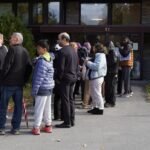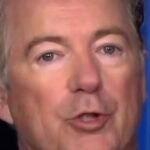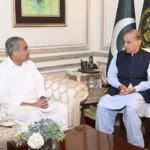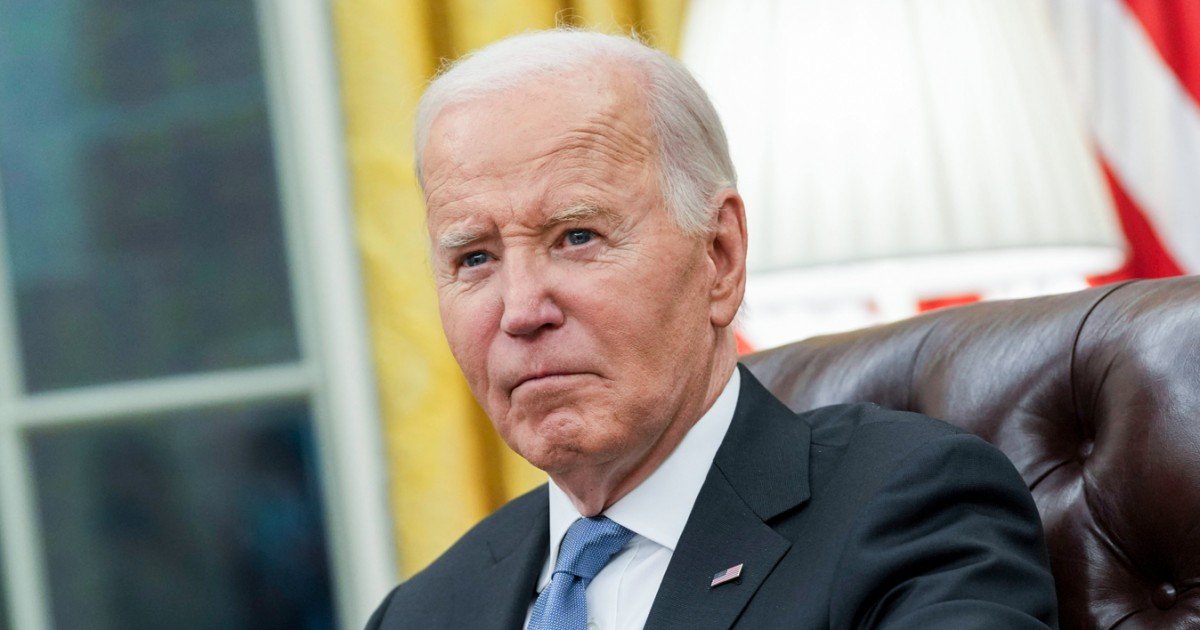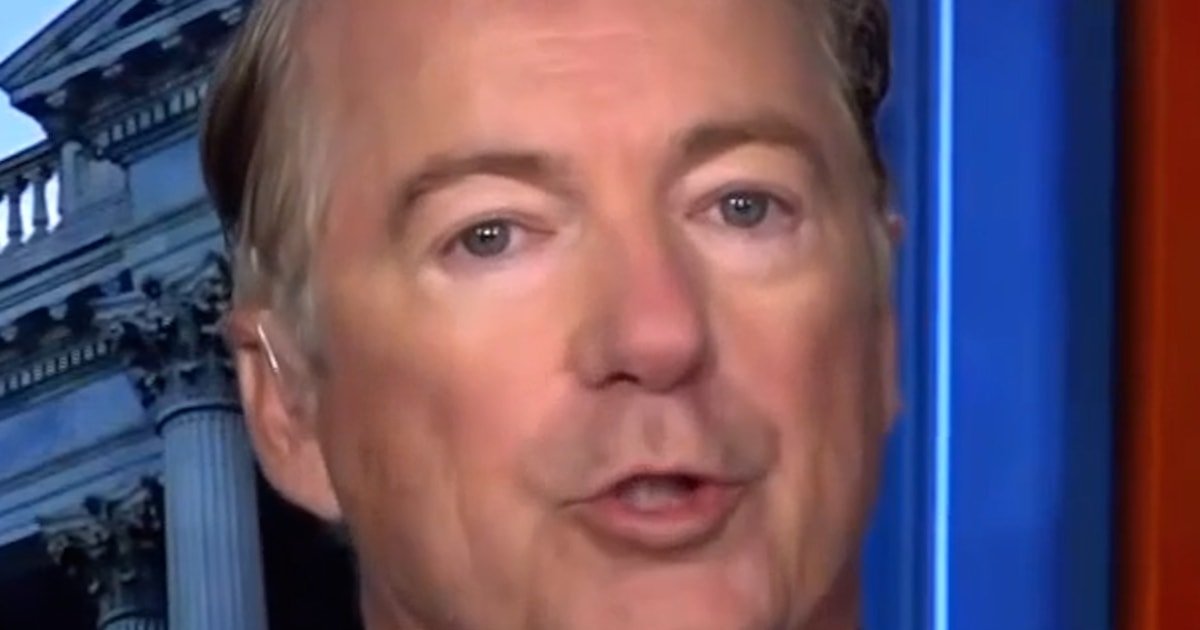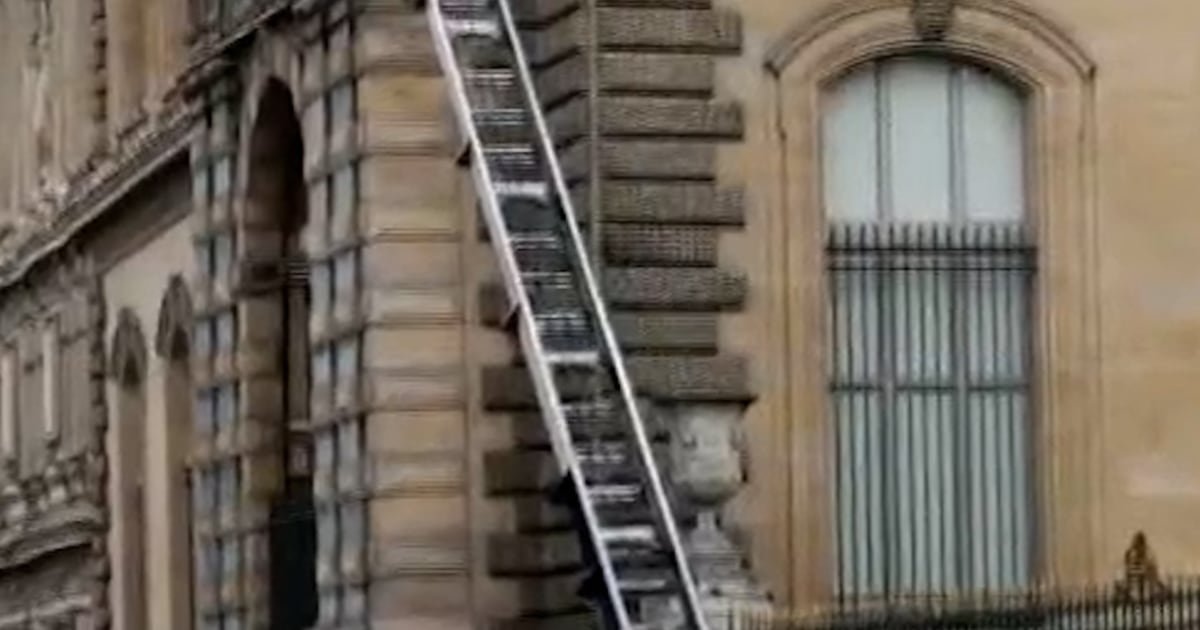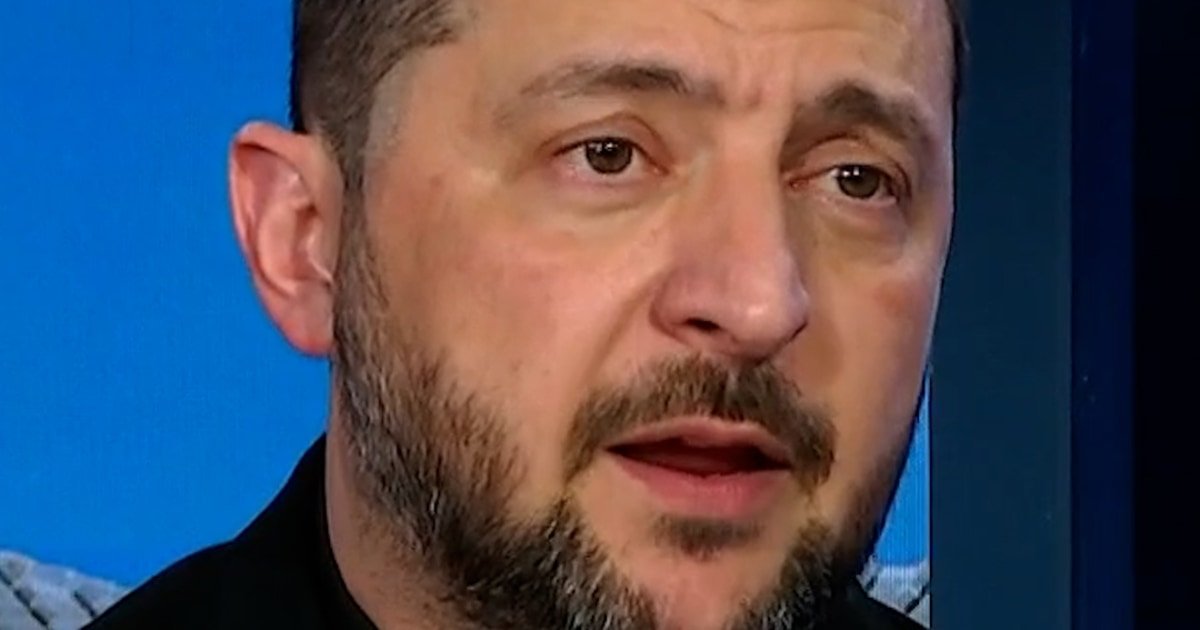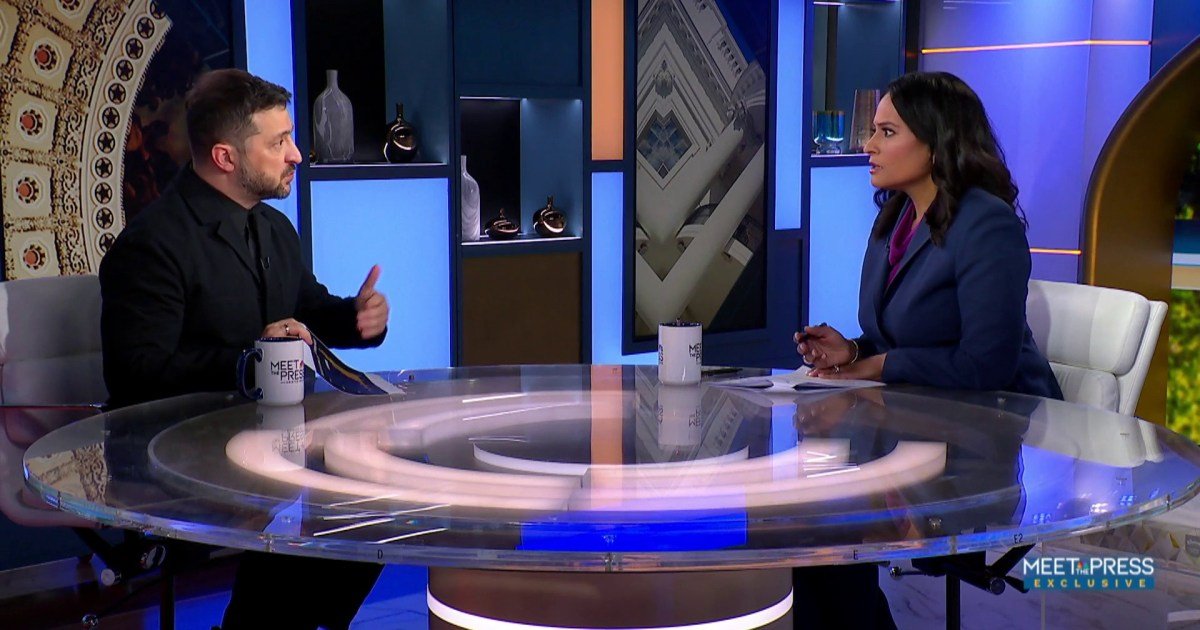Cuba released 553 political prisoners on Tuesday after the Biden administration announced it would remove Cuba from the list of state sponsors of terrorism and take other “goodwill” actions.
The Catholic Church had been negotiating with the communist government for the release of the prisoners. Most of them were jailed following unprecedented island-wide protests in July 2021. A brutal crackdown led to the initial arrest of more than 1,000 people. Many faced long prison sentences of up to 30 years.
“I thank all those who contributed to the decision announced today by the United States to remove Cuba from the list of State sponsors of terrorism, where it should never have been,” Cuban President Miguel Díaz-Canel wrote in X. “Along with two other measures adopted have had a high cost for the country and Cuban families.”
Before the Cuba announcement, a senior administration official told reporters that to support the Catholic Church and facilitate the deal, Biden would notify Congress that he is seeking to remove Cuba from the list of state sponsors of terrorism, as well as other actions. .
“An assessment has been completed and we have no information to support the designation of Cuba as a state sponsor of terrorism,” the Biden official said.
President-elect Donald Trump designated Cuba as a state sponsor of terrorism shortly before leaving office in January 2021, five years after President Barack Obama removed it from the list. Biden’s actions may be reversed as soon as Trump takes office next week.
Cuban-American Republican congressmen from Florida Mario Díaz Balart, María Elvira Salazár and Carlos Giménez posted a video on X, rejecting Biden’s measures and calling them “pathetic.”
Texas Sen. Ted Cruz, a Republican whose father is Cuban, criticized Biden’s actions. “Today’s decision is unacceptable on its own merits,” he wrote in a statement. “The terrorism promoted by the Cuban regime has not stopped. “I will work with President Trump and my colleagues to immediately reverse and limit the damage of the decision.”
In Cuba, Havana residents welcomed the news about Biden’s actions.
“This is definitely good for our country because we would have more possibilities, more resources. It is progress. One step at a time,” said Dainerys Hernández, bartender.
Joel Rivera, a public worker, agreed. “I think it’s a good decision. “It’s true that we need to be removed from that list, because we shouldn’t be there in the first place,” he said.
In addition to removing Cuba from the list, the Biden administration will issue a waiver from Title Three of the Helms Burton Act, which allows the original owners of Cuban properties confiscated decades ago to sue foreign companies that “trafficked” in them.
In 2019, Trump was the first president not to waive Title III. Every president before him had waived the 1996 law, officially called the Cuban Freedom and Democratic Solidarity Act, every six months, fearing it could be detrimental to American trade.
“We hope and anticipate that these measures announced today will provide very rapid relief to the many dozens of Cubans who were arrested in conjunction with the July 2021 protests, as well as relief to their families,” the Biden official said.
Biden is also easing some economic pressure on Cuba by rescinding Presidential National Security Memorandum 5, which was originally implemented on June 16, 2017.
“Today’s actions demonstrate that President Biden’s Cuba policy, which focuses on achieving practical results regarding human rights in Cuba, will pay dividends for the Cuban people,” the senior Biden administration said.
Speculation has arisen about Trump’s foreign policy, particularly due to the possible influence of Sen. Marco Rubio, R-Fla., a Cuban-American Trump’s pick for secretary of state. Rubio, a foreign policy hawk, has always advocated a hardline policy toward Cuba.
Mauricio Claver-Carone, the architect of some of Trump’s harsh policies in Latin America during his first administration, was chosen as special envoy for Latin America.
